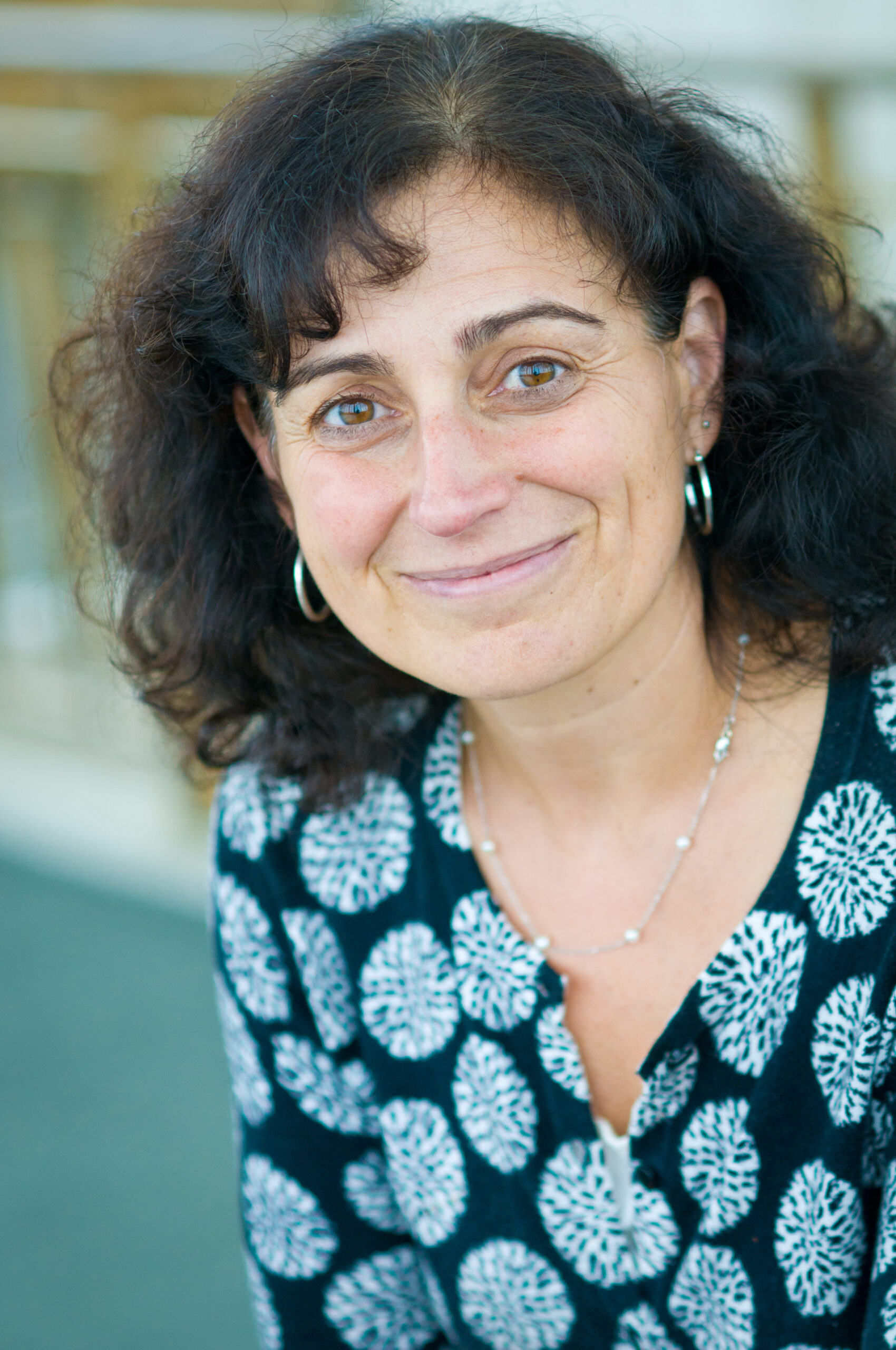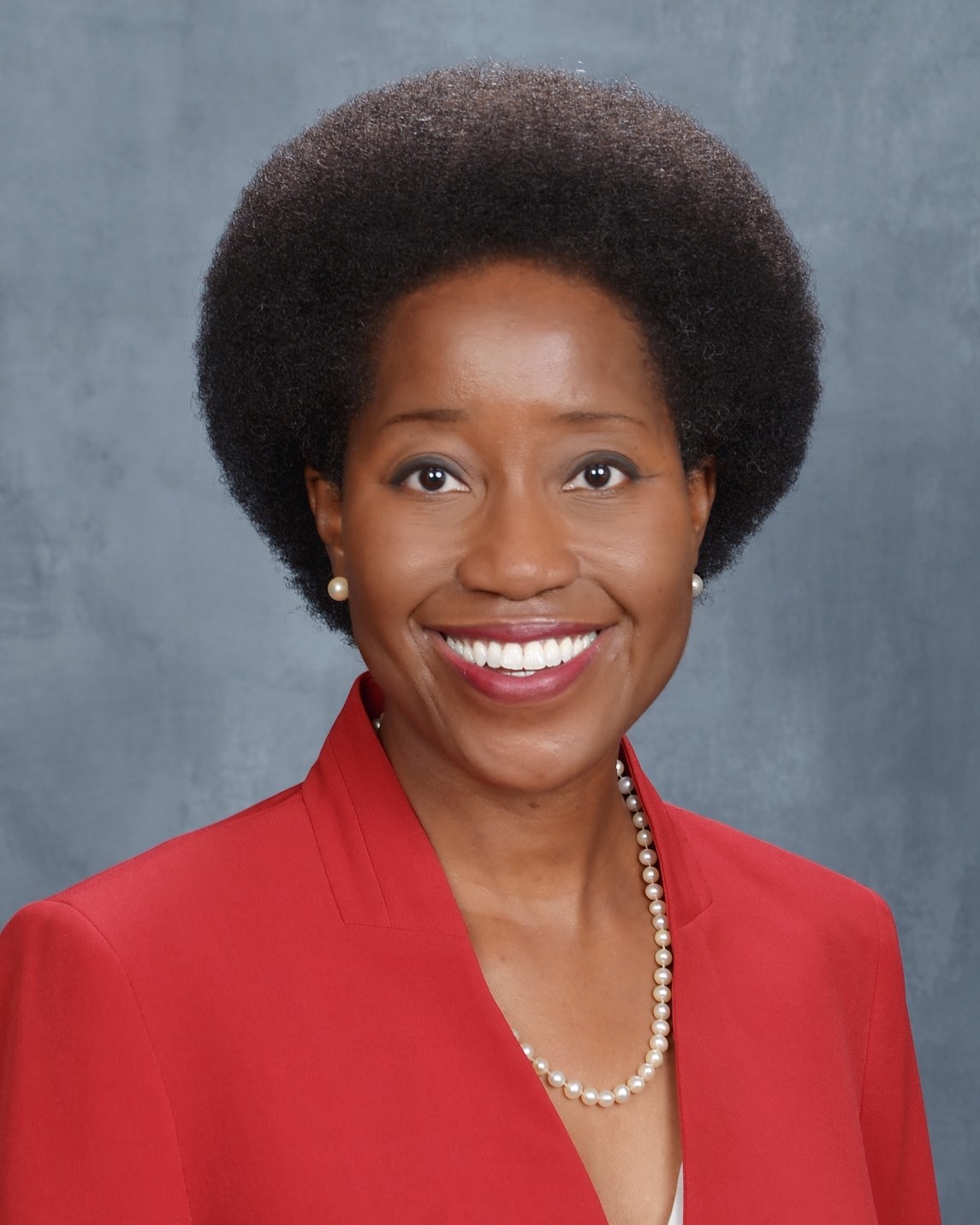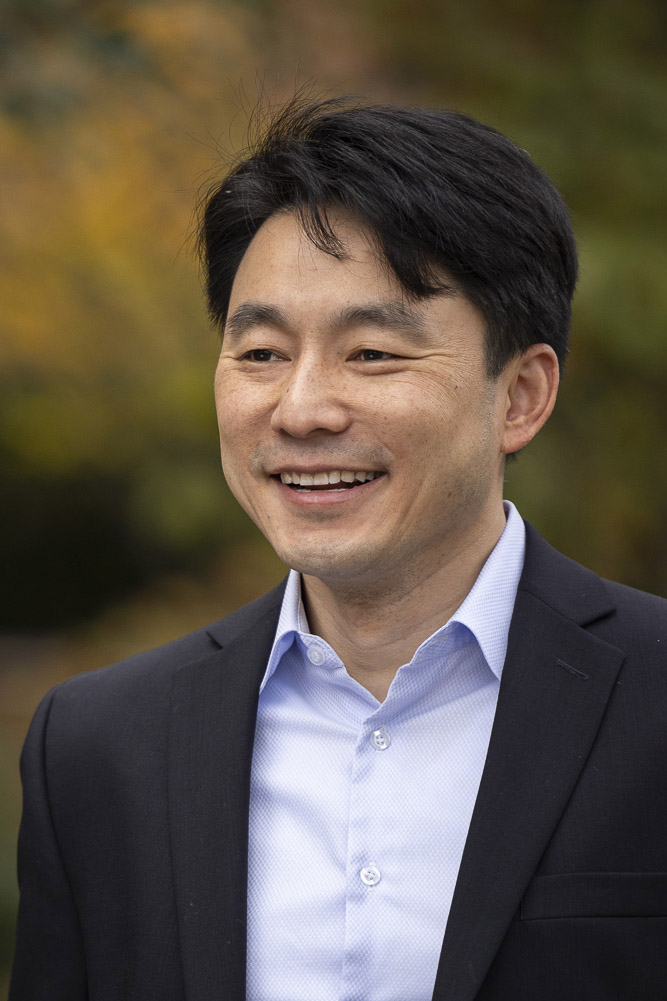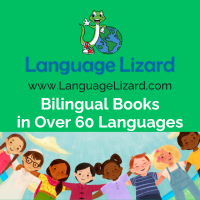2024 Annual Virtual Conference
2024 Virtual Conference
2024 Conference Themes:
-
Overview
This year’s 2024 ParentChild+ Conference’s overarching theme is Fostering Development: Strengthening Children, Families, Caregivers, and ParentChild+ Staff. With your help we will focus on development in all forms. We invite you to tell your stories of resilience, understanding, and capacity-building and how they create positive outcomes for children, families, and our staff. Our themes for each day will be:
- School Readiness: Building Parent, Caregiver, and Staff Capacity
- Building a Foundation of Resilience for Positive Development
- A Closer Look at Child Development
We need you to make it happen! Together, let’s make this year’s conference a vibrant exchange of ideas, experiences, and practices. You can present in workshops, host an exhibit booth at a virtual resource fair, speak on a panel, or lead a discussion group on a topic of your choosing. We value your knowledge and experience. Let’s make the 2024 Conference one where we can share and learn together. Please see more detailed theme descriptions and prompts below.
-
School Readiness: Building Parent, Caregiver, and Staff Capacity in Child Development
This theme explores the transformative impact of building adult capacities to support child development and early learning for school readiness. ParentChild+ defines school readiness in early childhood (0-3 years old) as the extent to which a child and their family are equipped with the skills, knowledge, and attitudes and supported by a stable learning environment necessary to enter formal education settings. Child level of school readiness includes the development of social and emotional competencies, communication abilities, and cognitive readiness in a supportive learning environment, all of which are foundational to school success. Tell us how your program leverages play, storytelling, and interactive activities with families/providers to help foster cognitive and social emotional development in children. Emphasizing the importance of culturally and linguistically relevant approaches, let’s discuss how diverse home and child care environments and community contexts enrich early learning experiences. Share your innovative strategies to engage families or providers in early learning, ways you’ve supported staff in coaching parents to adopt playful learning methods, and success stories of integrating early learning into daily family routines. Our goal is to highlight how early learning, as part of our comprehensive parenting/provider support model, contributes to the holistic development of children and the strengthening of family bonds.
- How have you empowered parents or providers in creating a culture of playful learning?
- How has your program defined early learning and/or school readiness with parents and providers?
- How have you addressed your state’s early learning standards in your chosen VISM and home visiting practice?
- What creative strategies have you found effective in encouraging playful learning in daily routines?
- How does your program approach the transition to the child’s next educational step while honoring the family’s culture?
- How do you help parents navigate school systems and be an advocate?
- How have community partnerships enhanced your early learning initiatives?
- How have you incorporated parent and community voices into early learning outcomes?
- Can you share stories about ways your program has engaged parents in their own or their children’s school success or beyond?
- What new materials are you using that have sparked excitement or curiosity about learning
- For families whose home language is not English, how do you support a successful transition to school?
- How are you coaching your parents to be a part of a school system that may be unwelcoming or confusing?
-
Building a Foundation of Resilience for Positive Development
Exploring the resilience and strengths within families and child care providers, this theme focuses on the positive impact of ParentChild+ staff on supporting family mental health and wellness. We’ll delve into how nurturing and affirming practices, understanding of immigration and refugee perspectives, historical and systemic racism trauma, and knowledge of infant/toddler mental health can empower families and staff. Emphasis will be on how trusting relationships, and culturally sensitive approaches promote family and provider well-being. Trusting relationships include those between caregivers and children, caregivers and Early Learning Specialists, and Early Learning Specialists and Coordinators. We invite discussions on innovative site-level training, staff self-care, and the role of collaborations and community partnerships in enhancing wellness. Share your success stories and learnings in fostering emotional and physical safety within families and communities.
- How have you seen play and social interactions improve mental health outcomes?
- What are the strategies you incorporate in your program to support wellness for yourself, your families, your staff?
- What community or referral partnerships have you found play a role in enhancing family wellness?
- Can you share examples of how cultural understanding has shaped your approach to family or provider mental health?
- What opportunities outside home visiting have you created that help reinforce or establish social supports for program families and/or staff?
- What successful strategies have been implemented for staff self-care and mental health support at your site?
- How has your program partnered with ELSs to better approach and represent the families you work with?
- What are your success stories and learnings in fostering emotional and physical safety within families?
-
A Closer Look at Child Development
This theme invites a strengths-based exploration of child development during the crucial first five years, including all developmental pathways. We invite you to share how your program empowers parents and caregivers in fostering their children’s social-emotional, cognitive, and motor skill development, particularly in this challenging post-pandemic period. We encourage you to share insights on how you promote a positive caregiver-child relationship by adapting home visit practices or customizing curricular items to meet diverse family needs. Highlight how your site develops strategies to engage parents in participating in their child’s developmental journey. How have facilitating or coaching techniques enhanced the family or provider’s understanding of child development?
- How do you center child development during the home visit with families/providers?
- How have assessments been used to inform program practices?
- How do you use the weekly staff meeting, site-level training, and/or supervision to explore child development?
- Share outside resources you have used in your site-level training and ongoing support to deepen staff and/or caregiver knowledge of child development.
- How do you use VISMs to support social-emotional competencies, or other areas of child development?
- How have you adapted your program to meet the unique needs of different families? How have you incorporated parent/provider voice in shaping home visit practice?
- What strategies have you used to support practitioners and families with children with delays or children who are neurodiverse?
Thank you in advance to our speakers and exhibitors, we are so excited to see you all at the Conference!
Check out our keynotes for 2024!

Patti Manz, PhD
Parent Involvement in Toddlers’ learning: The Essential Ingredient for Optimizing Children’s Development
Patti Manz, PhD
Parent Involvement in Toddlers’ learning: The Essential Ingredient for Optimizing Children’s Development

Dr. Patti Manz
Lehigh University
SESSION TITLE:
Parent Involvement in Toddlers’ learning: The Essential Ingredient for Optimizing Children’s Development
SESSION DESCRIPTION:
Parent involvement in toddler learning is essential for children’s development, and a primary target for home visiting services. Parent involvement includes a range of actions such as participating in learning activities, connecting to learning opportunities in their communities, and securing services to ensure healthy development. The ways in which parents engage their toddlers in learning are shaped by culture, beliefs, awareness, and resources. With a primary responsibility to build upon parents’ natural styles and strengths for promoting child development, home visitors are positioned to coach parents’ involvement in toddler learning. This keynote address will present current knowledge about parent involvement and its relationship to child development and school readiness in addition to discussing steps that home visiting programs can take to coach parents in culturally grounded and developmentally salient forms of involvement.

Monica Noriega, PsyD
No Revolution Without Relationship: Resistance and Resilience in the Parent-Child Relationship
Monica Noriega, PsyD
No Revolution Without Relationship: Resistance and Resilience in the Parent-Child Relationship

Monica Noriega, PsyD
University of California, San Francisco
SESSION TITLE
No Revolution Without Relationship: Resistance and Resilience in the Parent-Child Relationship
SESSION DESCRIPTION
Infant and Early Childhood Mental Health (IECMH) practitioners understand that early relationships provide the blueprint for emotional, cognitive, and social functioning across the lifespan. Among activists, the parent child relationship is also a place where intersectional struggles for social and healing justice are amplified. For centuries, the parent child relationship has been the target of countless efforts to uphold white supremacy and colonialism. Today, the surveillance, criminalization, and dehumanization of caregivers and children from historically oppressed communities continues through preschool expulsions, BIPOC maternal mortality, and parent-child separations at the US/Mexico border. Especially in these times where social justice and inclusive early childhood education is under attack, IECMH providers are being called to tap into our ancestral wisdom about the power of early relationships in a collective effort to remember our intergenerational resilience. This training will invite participants to reflect on the intersections of IECMH and social justice. Participants will learn how to conceptualize their work with parent-child dyads from a racial and healing justice perspectives. Social-justice oriented strategies for working with moments of rupture and repair within the parent-child relationship will be explored.
Objectives:
- Participants will be able to identify the core developmental fears associated with
the first five years of life. - Participants will be able to identify at least 2 the parallels between the core fears
and systems of oppression. - Participants will explore strategies for using moments of rupture and repair within
the parent-child relationship as opportunities realign with social and healing
justice principles.

Mavis Sanders, PhD
The Role of Protective Community Resources in Promoting Child and Family Well-Being
Mavis Sanders, PhD
The Role of Protective Community Resources in Promoting Child and Family Well-Being

Dr. Mavis Sanders,
Child Trends
SESSION TITLE
The Role of Protective Community Resources in Promoting Child and Family Well-Being
SESSION DESCRIPTION
This presentation will describe the effects of protective community resources (PCRs) on the development of children and youth from birth to age 24. PCRs are defined as community-level characteristics or assets that can buffer the effects of risks that children and youth may face, and support their positive social, emotional, and physical development.
Through this presentation, participants will gain a better understanding of:
- Research on PCRs conducted in the last decade across diverse locations and geographic regions in the United States
- The role of PCRs in increasing the well-being of children and youth
- Ways to identify PCRs for children and families
- Strategies to advocate for PCRs to ensure that all children and families have what they need to thrive.

Junlei Li, PhD
How Do We Know We Are Enough?
Junlei Li, PhD
How Do We Know We Are Enough?

Dr. Junlei Li,
Harvard Graduate School of Education
SESSION TITLE
How Do We Know We Are Enough?
SESSION DESCRIPTION
What makes any of us “enough”? Whether we teach children directly, or support families and educators, we invest ourselves in building developmental relationships with human beings. Often, no matter what we do or how much we do, it seems that early childhood professionals work in a “never enough” environment. This presentation is intended as a reflection and a reminder that the simple, ordinary things we do with other human beings do in fact matter. They matter in ways that can be seen and felt in moments when we really show up for others, and in ways that can be measured over the long run even if we are not there to see or hear it ourselves.
Coming Soon!
-
Language Lizard
Exhibitor
Language Lizard
Language Lizard
Exhibitor
Language Lizard
Catch Language Lizard in the Exhibit Hall! Language Lizard is an independent publisher providing bilingual books to support educators, libraries, families, and literacy organizations.
Speaker

Language Lizard
Registration is now live!
Please make sure before proceeding:
- You know how you plan to pay for registration. If you would like to pay with a card, have that information ready. You can also elect to be invoiced and use alternate payment methods: ACH, Zelle, or check.
- You have names, titles, and emails for people on your team who you plan to attend the conference. They must get individual links in order to access the conference. If you need to add more team members later, you can do that by contacting Kate at kzmich@parentchildplus.org.
Conference FAQs
-
When is the Conference?
May 7-9 2024, 12:00 p.m. – 5:00 p.m. EST/9:00 a.m. – 2:00 p.m. PST
-
Fees
For ParentChild+ sites, the registration per site is$300, and $350 on or after April 29.
The registration fee covers all ParentChild+ team members from the site, so be sure to include them when registering!
- Where can I register?
-
How can I pay?
After you register, a confirmation email will be sent to the contact person.
New this year: confirmation emails will also serve as receipts or invoices, depending on when you pay for your registration.
ParentChild+ accepts ACH, check, Zelle, or credit card payments. Check and ACH payments must be coordinated by emailing Shannalee Levy at SLevy@parentchildplus.org.
-
Schedule and Conference Sessions
Conference session details will be available in mid-April and shared to registered attendees at that time so they may begin to create their agendas in the Zoom Events platform.
-
Workshop Submissions
A reminder that workshop ideas and/or submissions should be received by close of business on April 1st. Please click here to submit a workshop proposal. If you have questions about the process, please email mmorrison@parentchildplus.org.
-
Live Translations
Zoom will provide simultaneous translation for all spoken Conference sessions and events. More information to follow.
-
What is the Virtual Exhibit space?
This is a new feature from Zoom Events! In this space you’ll be able to move through a virtual exhibit hall and visit virtual booths from vendors and other exhibitors who have something to share. Think of it as a community resource fair for the home-visiting community!
Important Reminders
How do I join the Conference?
We are using the Zoom Events platform in 2024. In Zoom Events, each attendee will receive their own link to join the event and create their own agenda. We anticipate these links will be available at the end of April.
Only email addresses that were registered will receive a link. You cannot share your link with others, as it is specific to you and may compromise your event access.
